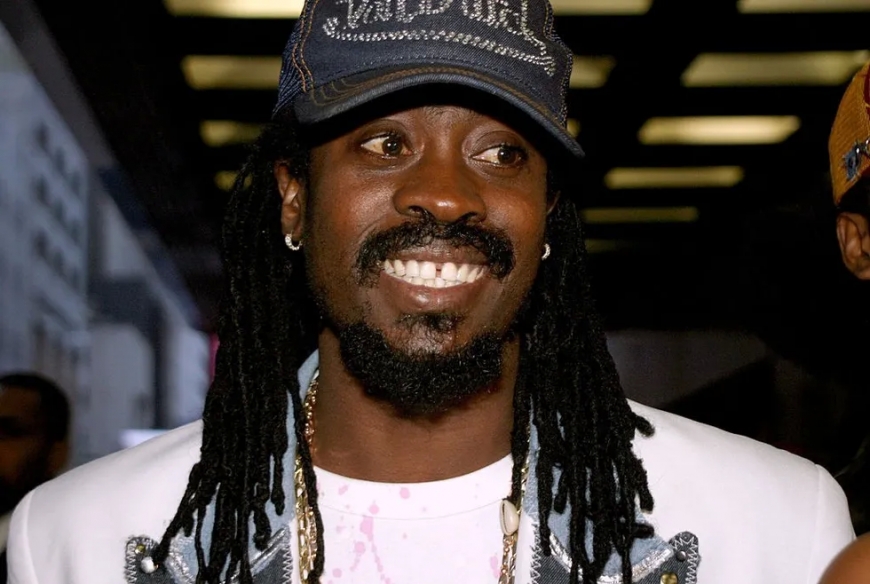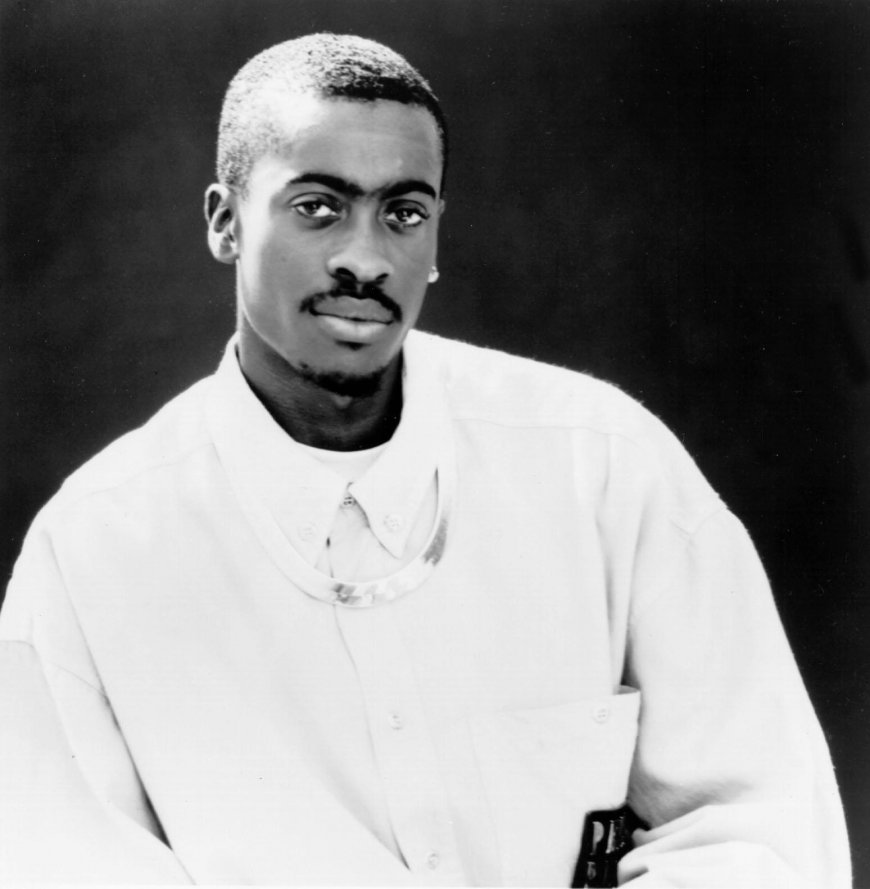Beenie Man: A Musical Journey Through Jamaica’s Dancehall Scene

Anthony Moses Davis, better known as Beenie Man, is a prominent figure in the world of Jamaican dancehall music. Born on August 22, 1973, in the Waterhouse district of Kingston, Jamaica, he has gained international acclaim and is often hailed as one of the greatest dancehall artists of all time. His journey in music began at a young age, deeply rooted in the vibrant culture of Jamaica.
Early Life and Musical Beginnings

Beenie Man's introduction to music came at just five years old, where he started toasting, a form of rhythmic speaking or chanting similar to rapping. Encouraged by his uncle, Sydney Knowles, who played drums for the legendary Jimmy Cliff, Beenie Man quickly made a name for himself. His breakthrough came in 1981 when he won the prestigious Tastee Talent contest, catching the attention of local sound system operators, thanks in part to the support of Radio DJ Barry G.
Rise to Fame
In 1981, Beenie Man recorded his debut single "Too Fancy" under the guidance of renowned producer Henry "Junjo" Lawes. This marked the beginning of a prolific career, with Lawes also featuring him on the 1983 album *Junjo Presents Two Big Sounds*, alongside established artists like Dillinger and Fathead. The release of his debut album, *The Invincible Beenie Man: The Ten Year Old DJ Wonder*, in 1983 showcased his unique style and talent, garnering attention throughout Jamaica.
The following year, he achieved his first significant hit with "Over the Sea," produced by Winston Holness. Despite recording some material with Barrington Levy in 1984, Beenie Man took a hiatus from his music career to complete his education and explore opportunities abroad in the UK, US, and Canada.
A New Era of Music
In 2009, Beenie Man signed with Brookland Entertainment, signaling a new chapter in his career. Under the direction of Eric Nicks and The Trackmasters, he prepared to release his album *The Legend Returns*. The music video for his single "Gimme Gimme" was filmed in Canada, showcasing his ongoing dedication to his craft and ability to adapt to the changing music landscape.
The year 2011 saw the release of "Let's Go" on the Overproof Riddim compilation album, further solidifying his status in the dancehall scene. Beenie Man's ability to evolve with the times while maintaining his signature sound is a testament to his artistry.
Collaboration and Rivalry
In 2014, Beenie Man and fellow dancehall artist Bounty Killer, who had been long-time rivals, put aside their differences to record the single "Legendary." This collaboration marked a significant moment in Jamaican music history, showcasing the power of unity in the dancehall genre.
During the COVID-19 pandemic, Beenie Man and Bounty Killer participated in a highly celebrated Verzuz battle on Instagram on May 23, 2020. The event attracted thousands of fans, highlighting the enduring popularity of both artists and their contributions to the genre.

Beenie Man's influence on dancehall music is undeniable. With a career spanning over three decades, he continues to inspire both new and established artists in the industry. His journey from the streets of Waterhouse to international stardom illustrates the rich tapestry of Jamaican music culture. For more insights into the world of Jamaican music and artists like Beenie Man, visit [www.purejamaicamedia.com](http://www.purejamaicamedia.com). His story is not just about music; it’s a celebration of Jamaican heritage and resilience.







